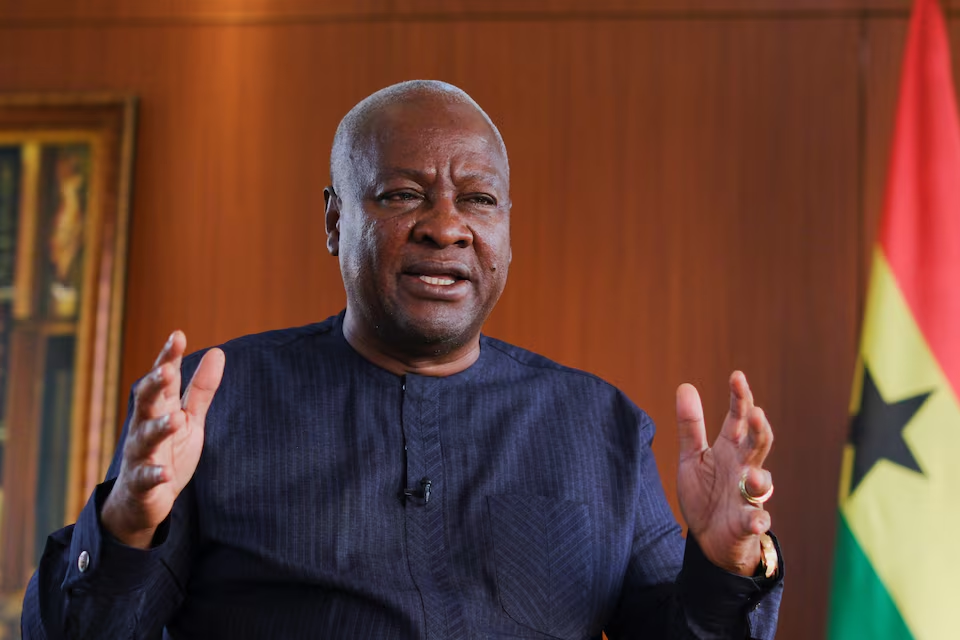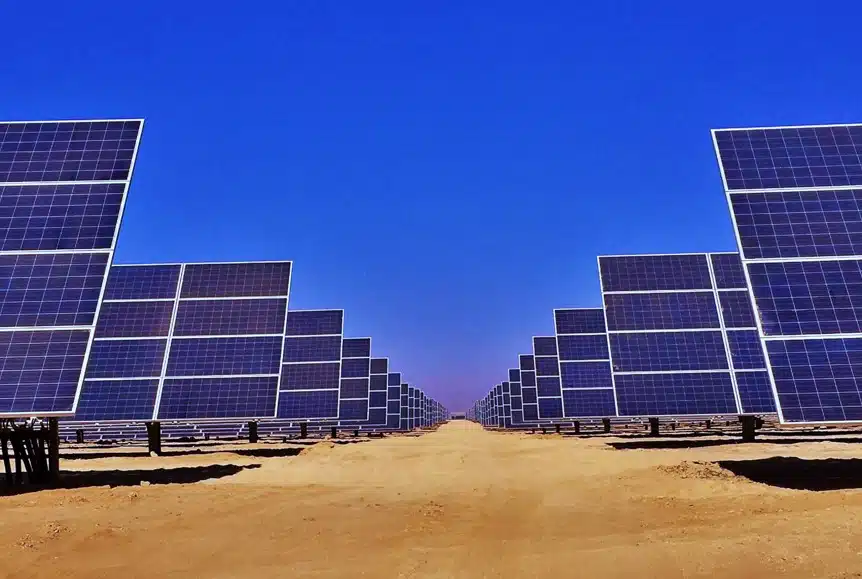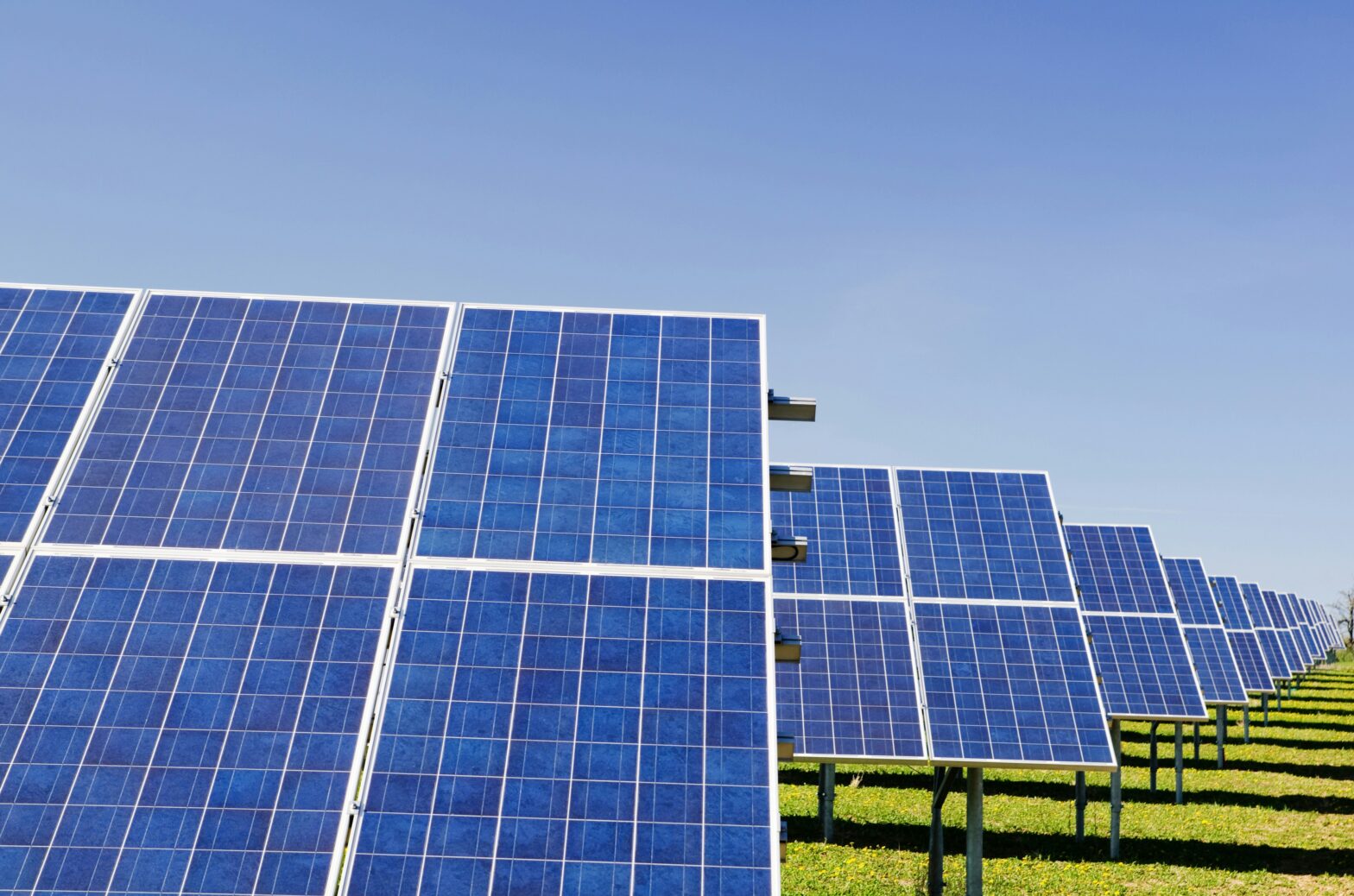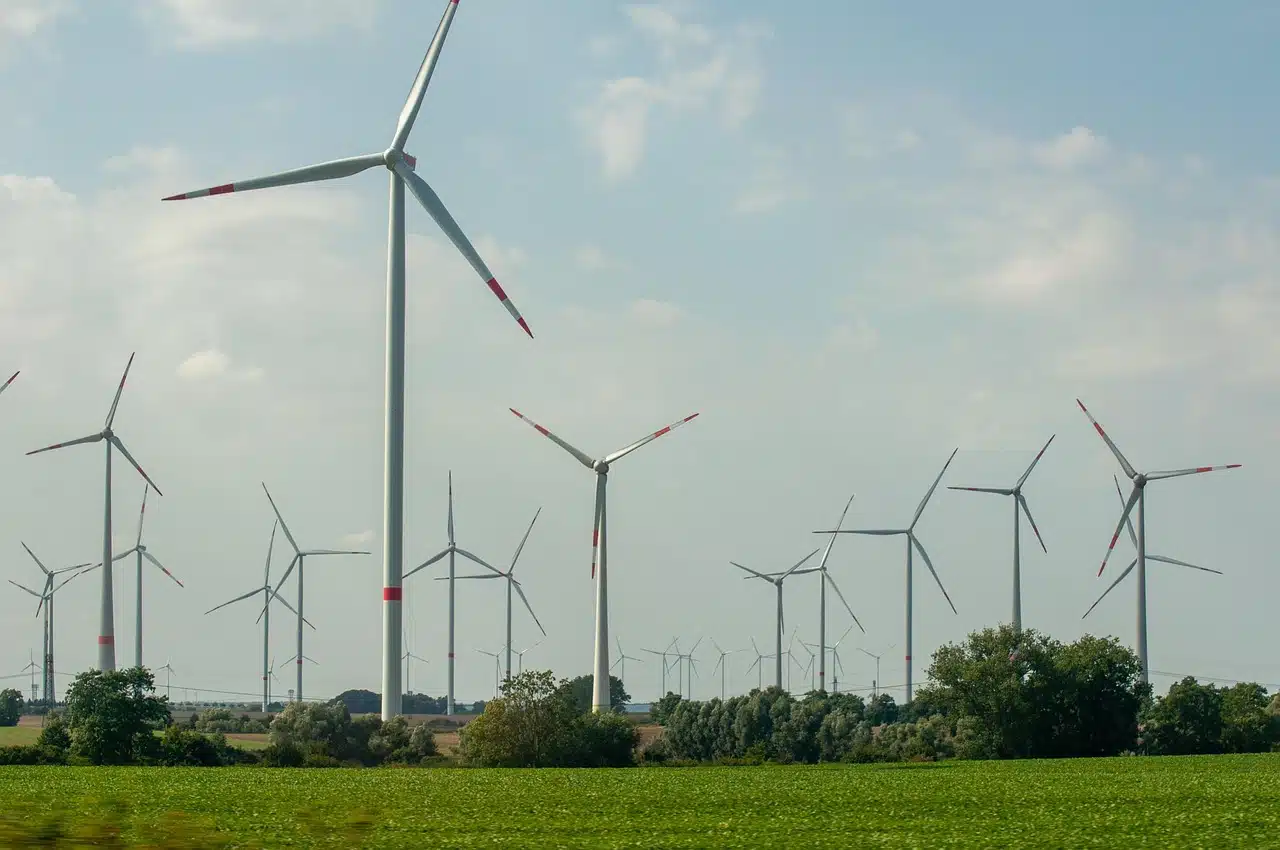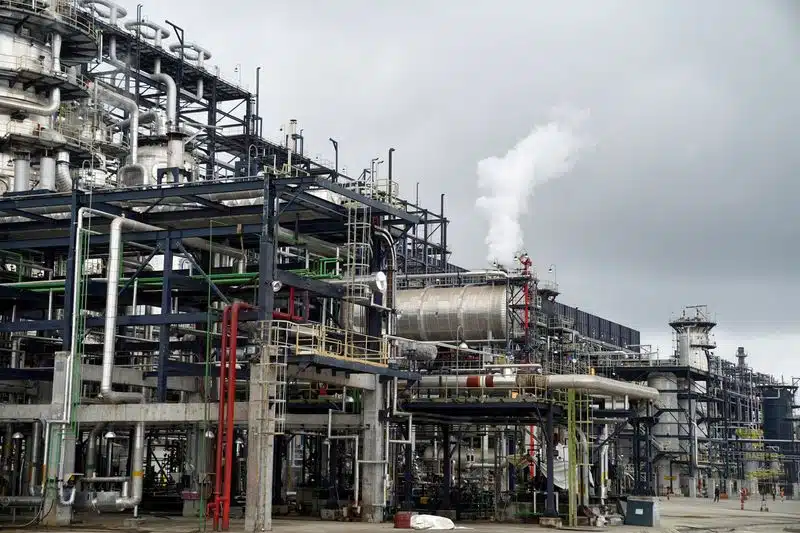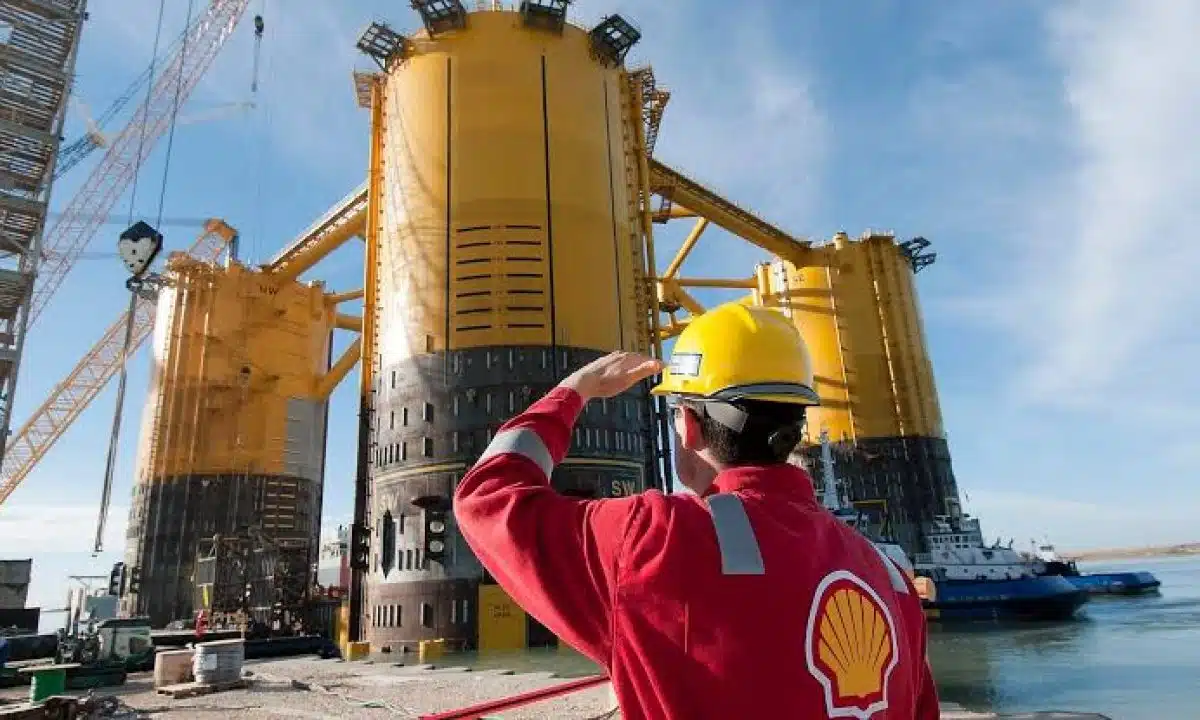West African nation, Ghana, has secured $1 billion in climate financing to advance its renewable energy and green transition agenda.
The Director of Renewable Energy and Green Transition, Seth A. Mahu, disclosed this during his speech delivered on behalf of the Minister of Energy and Green Transition, John Abdulai Jinapor, on Friday at the University of Energy and Natural Resources (UENR) in Sunyani.
The Minister said the funds will support critical initiatives.
These include the Scaling-up Renewable Energy Program (SREP), the Forest Carbon Partnership Facility (FCPF), and project development through the Green Climate Fund (GCF) and the Ghana Climate Innovation Centre.
Supporting the energy transition
The financing aligns with Ghana’s five-year Renewable Energy and Green Transition Action and Investment Plan, which Minister Jinapor stated will drive high-impact interventions to accelerate sustainable energy adoption.
Rooted in the National Energy Transition Framework and Renewable Energy Master Plan, the plan targets a renewable energy capacity increase to at least 1,400 megawatts by 2030.
It also includes deploying smart solar street lighting and installing electric vehicle superchargers along major highways, aiming for 99.98% nationwide electricity access by 2030.
To catalyze transformative projects, the government established the Renewable Energy and Green Transition Investment Fund, which Jinapor explained will unlock private capital and foster innovation, research, and development.
“No transition can be truly sustainable without the skills, institutions, and innovation ecosystems that drive it forward.
“The nation’s energy transition is not only technological, but fundamentally human,” said Jinapor.
Collaborations with the International partners, including the Solar Alliance and the World Bank, will enhance capacity building and establish Centres of Excellence for human capital development in the energy sector.
Other partnership opportunities
On her part, Linda Serwaa Mensah, Principal Export Development Officer at the Ghana Export Promotion Authority, outlined the role of educational diplomacy in economic growth during the UENR forum.
She advocated for strategic international partnerships, including joint research and student exchange programs, to strengthen Ghana’s global trade competitiveness.
In addition, Jinapor explained that the government is leveraging technical and vocational training to equip youth with skills in renewable energy and clean mobility.
By integrating financial, technical, and human capital strategies, Ghana aims to meet its climate commitments while driving economic growth.

